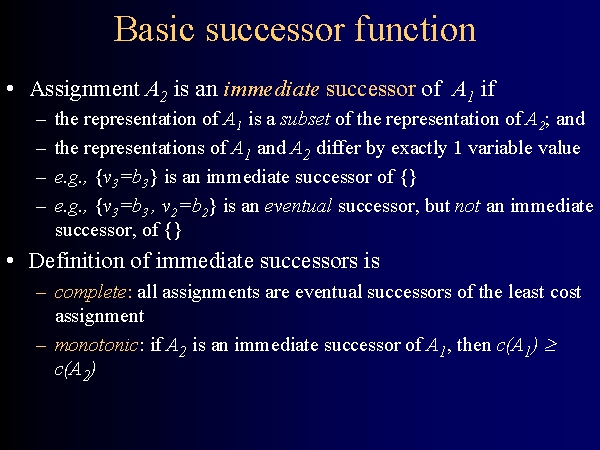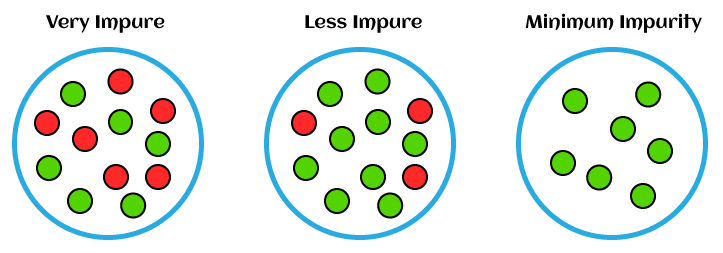Artificial intelligence (AI) is a rapidly growing field that has the potential to revolutionize the way we live, work, and interact with technology. As AI becomes increasingly important in our daily lives, there is a growing demand for professionals with advanced knowledge and skills in this area. Pursuing a PhD in artificial intelligence is a smart career move for those who want to make significant contributions to this field.
However, getting a PhD in artificial intelligence is no small feat. It requires a significant investment of time, effort, and resources. In this guide, we will explore the key steps you need to take to get a PhD in artificial intelligence, including the educational requirements, research opportunities, and career prospects. Whether you are a recent graduate or a seasoned professional, this guide will provide you with the information you need to take your AI career to the next level.
Getting a PhD in Artificial Intelligence requires determination, hard work, and dedication. Here are the steps to follow:
- Complete a Bachelor’s degree in Computer Science or a related field.
- Take courses in Artificial Intelligence, Machine Learning, and related fields.
- Complete a Master’s degree in Artificial Intelligence or a related field.
- Gain experience in research or industry.
- Find a faculty advisor and get accepted into a PhD program.
- Complete the necessary coursework.
- Complete and defend your thesis.

How to get a PhD in Artificial Intelligence
Artificial Intelligence (AI) is an incredibly complex and exciting field of study, and obtaining a PhD in it requires a rigorous, multi-step process. The journey can be time-consuming and difficult, but the rewards of becoming an AI expert are immense. Here is a step-by-step guide on how to get a PhD in Artificial Intelligence.
Step 1: Choose a Degree
The first step to getting a PhD in Artificial Intelligence is to select a degree program. Most universities offer a variety of degrees in AI, such as Doctor of Philosophy (PhD) in Artificial Intelligence, Master of Science (MS) in Artificial Intelligence, and Bachelor of Science (BS) in Artificial Intelligence. Each of these degrees has its own requirements, so it’s important to carefully research the various options and choose the best program for your goals.
When researching degree programs, you should consider factors such as length of time to completion, cost, and available concentrations. Additionally, you should look at the program’s coursework and faculty to ensure that you’ll have access to the best professors and resources. It’s also important to choose a program that’s accredited, as this will ensure that your degree is recognized and respected by employers.
Step 2: Gather Prerequisites
Once you’ve chosen a degree program, the next step is to gather the prerequisites for admission. Most programs will require a strong academic background in mathematics, computer science, and engineering principles. Additionally, you’ll need to show a strong interest in the field of Artificial Intelligence. This could include experience in research, internships, or volunteering.
In addition to the academic and experience requirements, you may need to submit a personal statement and letters of recommendation. These documents will provide insight into your abilities and motivations, and can help strengthen your application. Additionally, some programs may require you to take a placement exam or complete an interview.
Step 3: Apply for Admission
Once you’ve gathered the prerequisites for admission, it’s time to apply for the program. You’ll need to submit an application, along with transcripts and other documents, to the school or university. You may also need to submit a fee for the application.
Once your application has been received, it will be evaluated by the admissions committee. This process can take several weeks or months, depending on the school. If you’re accepted, you’ll be notified and can begin preparing for the program.
Step 4: Prepare for the Program
Now that you’ve been accepted into a PhD program in Artificial Intelligence, it’s time to prepare for the program. This includes obtaining the necessary materials, such as textbooks and other resources. Additionally, you should prepare for the coursework by brushing up on your mathematics and computer science skills.
It’s also important to familiarize yourself with the faculty and research opportunities available in the program. This will help you make the most of your time in the program and maximize your chances of success.
Step 5: Complete the Program
Once you’ve prepared for the program, the next step is to complete the program. Most PhD programs in Artificial Intelligence require students to complete a dissertation, which is a research project that must be defended in front of a committee. Additionally, you may need to take courses and pass comprehensive exams.
Once all of the requirements for the program have been completed, you’ll be awarded a PhD in Artificial Intelligence. From there, you’ll be ready to pursue a career in the field of Artificial Intelligence.
Frequently Asked Questions
An artificial intelligence PhD is an advanced degree program in the field of computer science that focuses on the development of computer systems that can think and learn. In this program, students learn to design and develop algorithms, systems, and applications that can interact with users and environment.
How do I get a PhD in Artificial Intelligence?
The first step in obtaining a PhD in Artificial Intelligence is to complete a master’s degree in computer science, computer engineering, or a related field. You must demonstrate excellent academic performance and have a strong background in mathematics and programming. Most programs require applicants to submit GRE scores and a statement of purpose as part of the application. Once accepted, students will complete a program of coursework, research, and a dissertation.
After completing the coursework, students will need to pass a prelim exam to prove their mastery of the subject. Once the prelim exam is passed, students can begin the research phase of the program. This involves designing, building, and testing algorithms and systems that demonstrate the concepts of artificial intelligence. Students will also need to write a dissertation that demonstrates their research and findings to obtain the degree.
In conclusion, pursuing a PhD in Artificial Intelligence requires a strong foundation in mathematics, computer science, and programming. It also demands a deep passion for exploring and solving complex problems in the field. With the increasing demand for AI professionals in various industries, obtaining a PhD in AI will open up a world of opportunities and provide a competitive edge in the job market.
To get started on this exciting journey, one must first identify their research interests and find a suitable program that aligns with their goals. It’s also key to network with professors and fellow researchers in the field, as collaboration and mentorship can greatly enhance one’s academic and professional growth. With dedication, hard work, and a thirst for knowledge, attaining a PhD in Artificial Intelligence is not only achievable but can also lead to groundbreaking discoveries and advancements in this rapidly evolving field.



